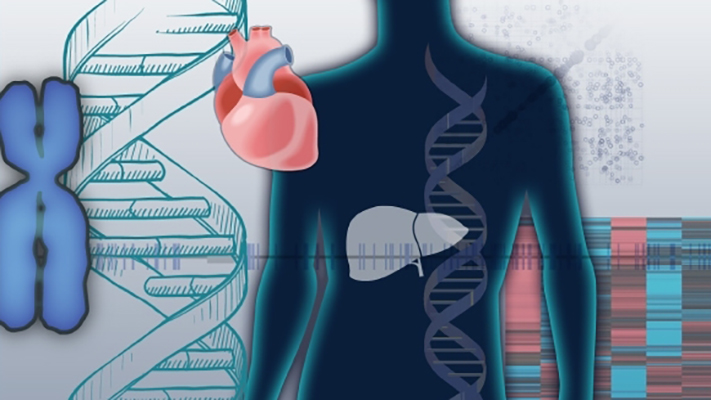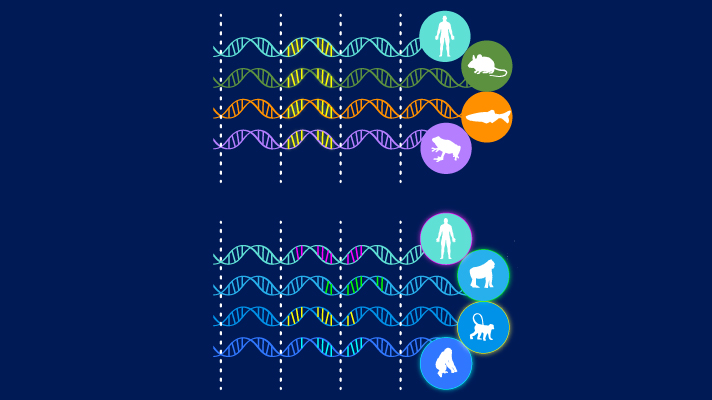NHGRI symposium confronts difficult pasts of eugenics and scientific racism
I was hoping that 2022 would begin on a bright note, but the genetics and genomics communities started the year losing two intellectual giants during the month of January: Tom Caskey and Haig Kazazian. These towering figures in science and medicine made major contributions to unraveling the complexities of the human genome and advanced studies in human genetics, including by training many of today’s leaders. NHGRI’s condolences go out to their families, institutions, and many friends and colleagues.
Last month, NHGRI celebrated something that we have come to regard as a birthday. On January 14, 1997, NHGRI became an NIH Institute, graduating from our status as a center (the National Center for Human Genome Research) and renamed as the National Human Genome Research Institute. That means NHGRI just turned 25 years old as an Institute, so happy quarter-century birthday to us!
The 95th meeting of the National Advisory Council for Human Genome Research will take place on February 7-8. The open session of will be videocast live on Monday, February 7. Please join us via GenomeTV starting at 11:30 a.m. ET to hear updates about NHGRI and genomics research more broadly. The first hour of the open session, which will feature my Director’s Report, will also be streamed live on my Twitter account @NHGRI_Director.
All the best,
![]()
Genomic Data Sharing Spotlight
The Genotype-Tissue Expression (GTEx) project generated NHGRI’s most frequently requested controlled-access datasets, which together represent one of the most widely used resources for studying the relationship between genomic variation and gene expression. Because GTEx data can be shared for general research use, they are being used for many different research purposes. For example, GTEx data are used as controls to study COVID-19 as well as many other diseases and conditions. These datasets are also used to develop computational methods. The GTEx Consortium consists of over 200 investigators from over 40 institutions in the United States and abroad.
The latest version of the GTEx dataset, v8, is now available on the NHGRI cloud repository: NHGRI Analysis Visualization and Informatics Lab-space (AnVIL). Having the data reside in the cloud and running analyses on them there lowers the barrier to performing large-scale computational research by eliminating the need to download data to local platforms. Cloud storage also enhances and enables collaborative efforts. The net effect is an impressive demand for accessing the data; for example, NHGRI received 1237 requests for GTEx controlled-access data in 2020, with 1068 (86%) of those requests approved. Disapprovals were most often related to administrative issues, with most of those requests approved upon resubmission.

About The Genomics Landscape
A monthly update from the NHGRI Director on activities and accomplishments from the institute and the field of genomics.
Last updated: February 3, 2022




